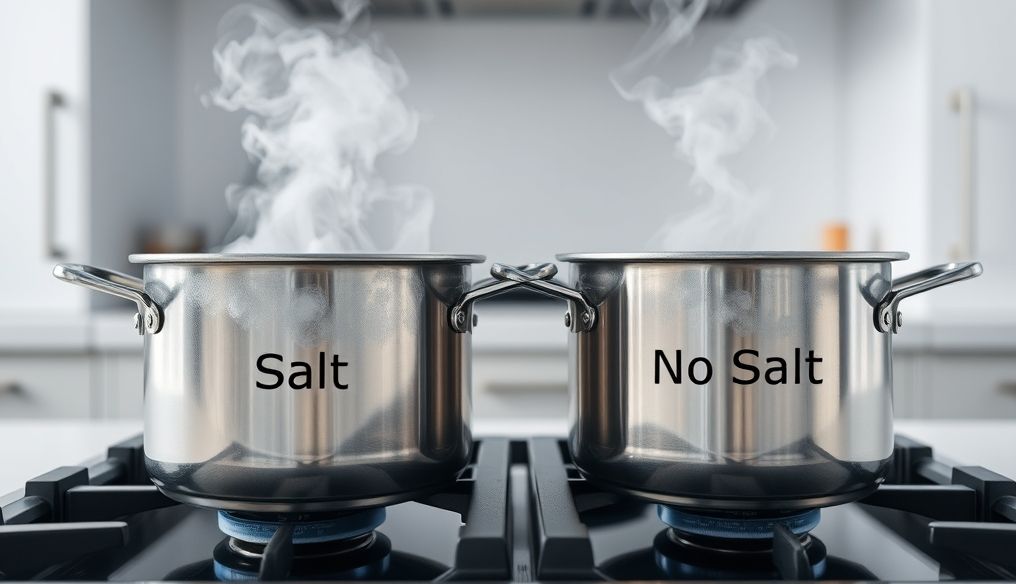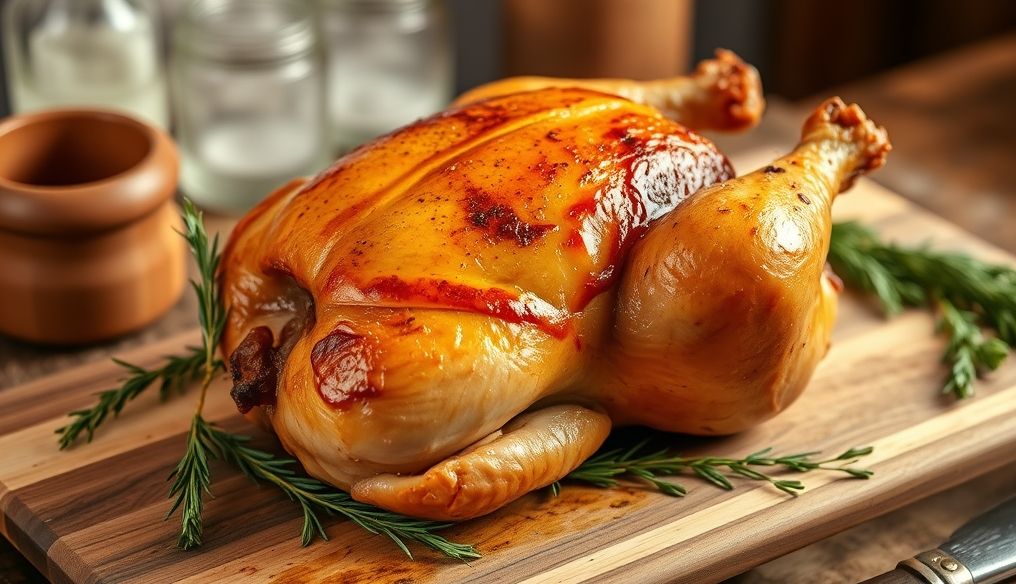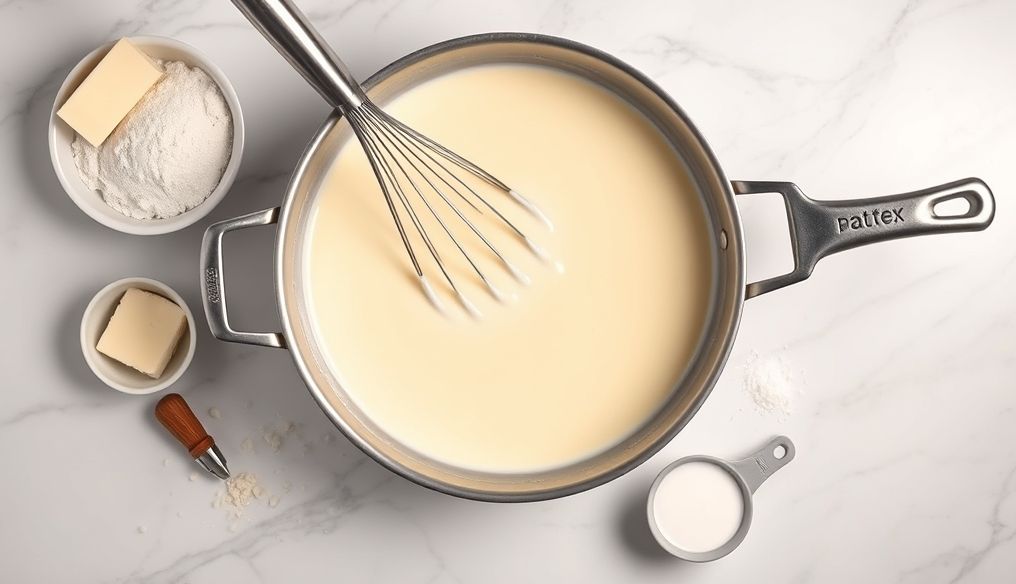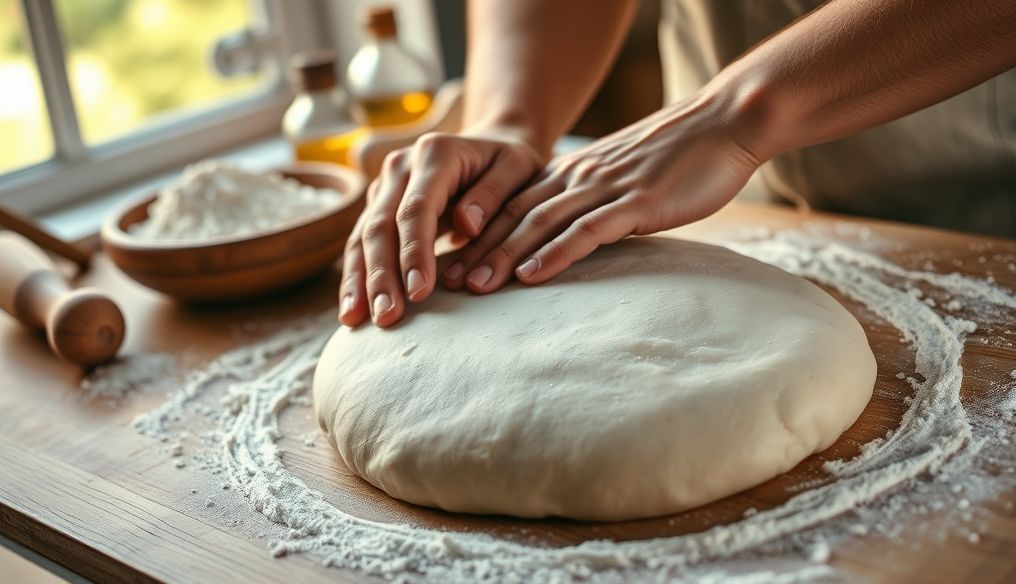Does Adding Salt to Water Make it Boil Faster? A Scientific and Practical Look
The question of salt's effect on water's boiling point intrigues many, especially cooks and cooking enthusiasts. The short answer is: yes, adding salt to water does affect its boiling point, but not necessarily in the way some might expect. To fully understand this effect, we need to delve into some basic scientific concepts.
Chapter 1: Understanding Boiling Point
The boiling point is the temperature at which the vapor pressure of a liquid equals the pressure surrounding the liquid and the liquid changes into a vapor. For a liquid in a normal atmosphere, the boiling point is the temperature at which the vapor pressure equals the standard sea-level atmospheric pressure. Pure water boils at 100 degrees Celsius (212 degrees Fahrenheit) at sea level, where atmospheric pressure is normal.
Chapter 2: How Does Salt Affect Boiling Point?
Adding salt to water increases its boiling point. This effect is known as boiling point elevation, which is one of the colligative properties of solutions. Colligative properties are properties of solutions that depend on the concentration of the solute (in this case, salt) rather than its chemical nature.
When salt (sodium chloride, NaCl) dissolves in water, it dissociates into sodium ions (Na+) and chloride ions (Cl-). These ions interfere with the ability of water molecules to evaporate, requiring more energy (heat) to overcome these interactions and reach the boiling point.
Chapter 3: Does Saltwater Boil Faster?
Although salt increases the boiling point of water, it doesn't make it boil significantly faster under normal home cooking conditions. This is due to several factors:
- Amount of Salt Used: We usually add a small amount of salt to the water, which is not enough to make a significant difference in the boiling point.
- Specific Heat: Adding salt also increases the specific heat of water, meaning it requires more energy to raise its temperature. This effect partially offsets the boiling point elevation.
- Negligible Difference: The difference in time it takes for saltwater to reach the boiling point compared to pure water is very small, often imperceptible in practice.
Chapter 4: A Simple Practical Experiment
To verify this for yourself, you can conduct a simple experiment:
- Fill two identical pots with an equal amount of water.
- Add a reasonable amount of salt to one of the pots (e.g., a tablespoon per liter of water).
- Place the pots on identical burners.
- Monitor the time it takes for each pot to reach the boiling point.
You will notice that the difference in time is very small, if any.
Chapter 5: Why Do We Add Salt to Cooking Water?
If salt doesn't make the water boil significantly faster, why do we add it to cooking water? The main reason is to improve the taste of the food. Adding salt to the water for boiling pasta or vegetables helps season them from the inside, making them tastier. Salt also helps preserve the color of vegetables during cooking.
Chapter 6: The Effect of Salt on Food Flavor
Salt's role is not limited to adding a salty flavor. It enhances the other flavors present in the food, making them more pronounced. It also helps reduce bitterness in some foods.
Tip: Add salt at the beginning of cooking for best results, as this allows the salt to penetrate the food completely.
Chapter 7: Health Considerations When Using Salt
Despite the benefits of salt in cooking, it should be used in moderation due to its effect on health. Excessive salt intake can lead to high blood pressure and increase the risk of heart disease and stroke.
Tip: Use herbs and other spices to season food and reduce reliance on salt. Choose sea salt or Himalayan salt instead of processed table salt, as they contain additional minerals.
Chapter 8: Healthy Salt Alternatives
If you are looking for healthy alternatives to salt, you can try:
- Fresh and Dried Herbs: Such as parsley, cilantro, mint, thyme, and rosemary.
- Spices: Such as black pepper, cumin, turmeric, and paprika.
- Lemon Juice or Vinegar: Add a refreshing and acidic flavor.
- Low-Sodium Vegetable Broth: Can be used as a substitute for water in cooking.
In conclusion: Adding salt to water increases its boiling point, but it doesn't make it boil significantly faster under normal cooking conditions. The main reason for adding salt is to improve the taste of the food. Use salt in moderation and explore healthy alternatives to maintain your health.




